The European Union needs to take action against "patent trolls," Apple has urged as part of a group of tech companies and car manufacturers, with the growth of non-practicing entities stifling innovation in firms who try to exploit the entire patent system for financial gain.
The coalition of 35 companies and four industry groups, which includes Apple, Microsoft, and BMW, have written to EU Commissioner for technology and industrial policy Thierry Breton about patent trolls. The group wants Breton to come up with new rules to make it harder for patent-trolling firms to "game the system" by abusing existing regulations.
Specifically, the group demands the EU courts to make their rulings less harsh, reports the Financial Times, with some judges previously issuing blanket bans on some products across multiple countries, despite only a single patent being infringed.
Typically companies file for patents to prevent other firms profiting from new ideas and concepts they create. Patent trolls usually do not produce products of their own, and instead have a business model where they acquire patents and then sue other firms that may have infringed, in order to secure a payout.
The threat of having products so easily banned in the EU over a single patent infringement is a deterrent to companies who may otherwise fight the demands of the patent firms. Instead, there is an incentive to capitulate to demands or to negotiate with a settlement before reaching that stage.
It is argued the actions of patent trolls is making it difficult to create new innovations, under the possible threat of legal issues. However, as Apple has demonstrated, sometimes it is the expense and resources required to fight lengthy legal action that could be at issue.
Among the ongoing and long cases involving Apple is its fight with Straight Path IP Group, over four patents that relate to video conferencing and point-to-point communications between devices. There have also been repeated attempts by Uniloc to attack Apple over patent infringements, with the most recent concerning the process of performing software upgrades.
Apple has also joined together with Intel to file a lawsuit against the Softbank-owned Fortress Investment Group, claiming its repeated patent litigation violates US antitrust laws. In the complaint, Apple wrote it believed it "suffered economic harm in the form of litigation costs and diversion of resources away from innovation to respond to these entities' serial nuisance suits."
In Europe specifically, Apple became the subject of a potential sales ban in Germany in late 2018, after a German court ruled it was in violation of a Qualcomm patent. At that time, it was claimed Intel modems used in iPhones infringed on patents, making all iPhones using the modems stood to be banned from sale across the entire country.
"The experience of our member companies indicates that Europe's patent system is not working properly and is undermining Europe's ability to compete globally in the next frontier of technologies," said industry group IP2Innovate executive director Patrick Oliver. "We are urging Commissioner Breton to draft a set of guidelines that address imbalances in the patent system - in particular guidelines that support the application of a proportionality requirement in patent enforcement by judges around Europe, as required by EU law."
It is claimed patent lawsuits from the so-called trolls are becoming more prevalent in Europe than ever before, with the numbers steadily rising each year. One report from Darts-IP suggests the average number of patent troll lawsuits have grown by an average of 20% per year between 2007 and 2017.
 Malcolm Owen
Malcolm Owen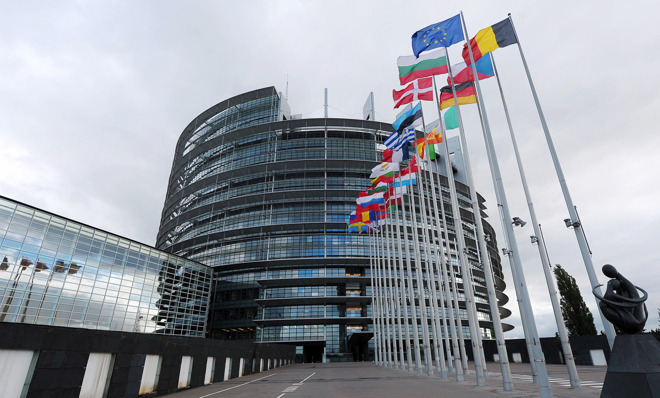



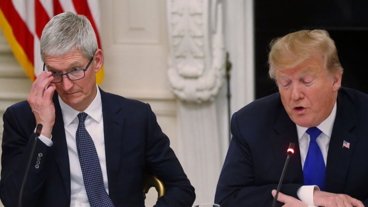



-m.jpg)





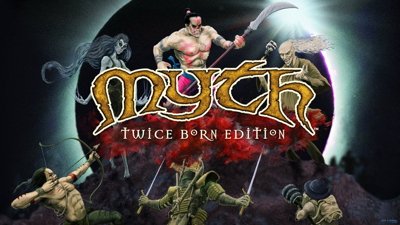

 Andrew Orr
Andrew Orr

 William Gallagher
William Gallagher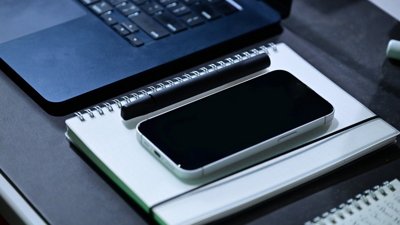

 Chip Loder
Chip Loder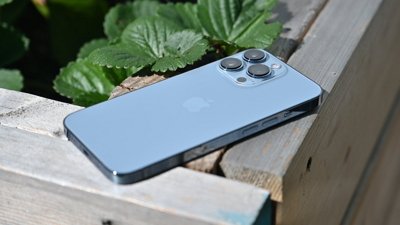
 Marko Zivkovic
Marko Zivkovic





-m.jpg)




12 Comments
Laws are made by lawyers. Lawyers will NEVER jeopardize their income from patent lawsuits. Nuff said.
I've thought for a long time that the solution was simple: Make patents non transferable. A company or individual patents something, they can make a product or otherwise make money off of their patent. But the patent cannot be transferred, inherited, bought, or sold. Once the original patent holder isn't using it any more, be it a company that goes out of business or is bought out, or an individual that passes on, that patent becomes public domain and can be used by anyone at no cost. Poof, no patent trolls weaponizing portfolios of patents. The inventor gets rewarded for their hard work, but the leeches cannot profit for no work.
The whole point of the patent system is to gain financially from the patents you own. That isn’t the problem and in many cases Apple should be paying the patent holders!
At the core of the patent troll problem is that these are small companies without products who possess a disproportionate collection of patents, usually garbage patents which are merely harassment devices.
So some of these issues may be solved if the patent system took a page from the way that trademarks are handled.
The onus for trademark protection is on the trademark owner. If a trademark owner does not protect their trademark, it risks losing its protected status. Additionally trademarks need servicing, you don't pay once and own it forever, and the trademark applies to selected product and service categories only. The result of this is that trademarks are owned in proportion to the company size and product portfolio, since a small company, or company without products/services can't service a large number of trademarks due to cost. This doesn't prevent small players from owning or protecting their trademarks against large players. What it does prevent though is an otherwise small player from amassing a disproportionately large number of trademarks, which they then weaponise against companies.
Applying this to patents we get a few advantages: if there is an entity (such as an NPE/patent troll) that has allowed the market to engage their patents, only to pounce later on those which made a profit, then perhaps it should be too late to levy an action as the patent has now entered the public domain:
There is no new disadvantages to small players because this system already works well for trademark holders and court lodgement costs are tiny in comparison to the cost of patent acquisition - also companies can still write out C&D letters as a means of notifying companies of believed infringement.